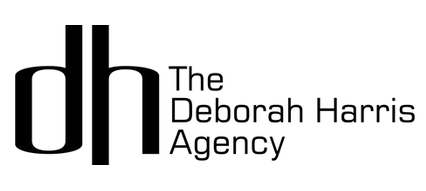SEVEN LETTERS TO UMM KULTHUM

Fiction, Al-Ahlia Publishing, 2023
Winner of the 2024 Katara Prize for Arabic Novel
In a Galilee village in the late 1980s, Hajar pours her heart into seven unsent letters to the legendary Egyptian singer Umm Kulthum. As the First Intifada erupts around her, this Palestinian mother finds herself caught between two battles for freedom – one raging in the streets, the other within the walls of her own home.
Living under the iron fist of her husband Mustafa, a bitter quarry worker known as “Mustafa the Stone,” Hajar discovers that liberation from political oppression cannot be separated from liberation from patriarchal control. Through her intimate one-way conversation with the dead diva, she weaves together memories of lost love, the daily struggles of village life, and her growing political awakening.
But as Hajar’s voice grows stronger and her resistance more defiant, the violence that permeates her world – from occupation to domestic abuse – threatens to destroy everything she holds dear. Her young sons Yazan and Nur witness their mother’s transformation, while the family fractures under the weight of unspoken truths and inherited trauma.
SEVEN LETTERS TO UMM KULTHUM is a haunting meditation on how personal and political freedoms are inseparably intertwined. Ala Hlehel has crafted a quietly devastating novel, a lyrical and unflinching story that refuses to separate private pain from collective struggle, insisting instead that true liberation must transform both the public square and the most intimate corners of daily life.
Reviews:
“Hlehel’s novel casts a spotlight on a vital historical juncture through emotional imagination and psychological intensity, evoking a new world of songs and an emerging culture advancing toward globalization.” —Fusha Magazine
“Ala Hlehel’s novel may serve as a model of the kind of astonishing novel that deceives the reader at first with a seemingly closed ending, one that centers on a shocking death. Yet this very shock propells the narrative, breaking the door open and pouring forth with a force that compels the reader to contemplate the self and its wounds – and then to also consider the reality that shapes and complicates it.�” —Alquds Alarabi
